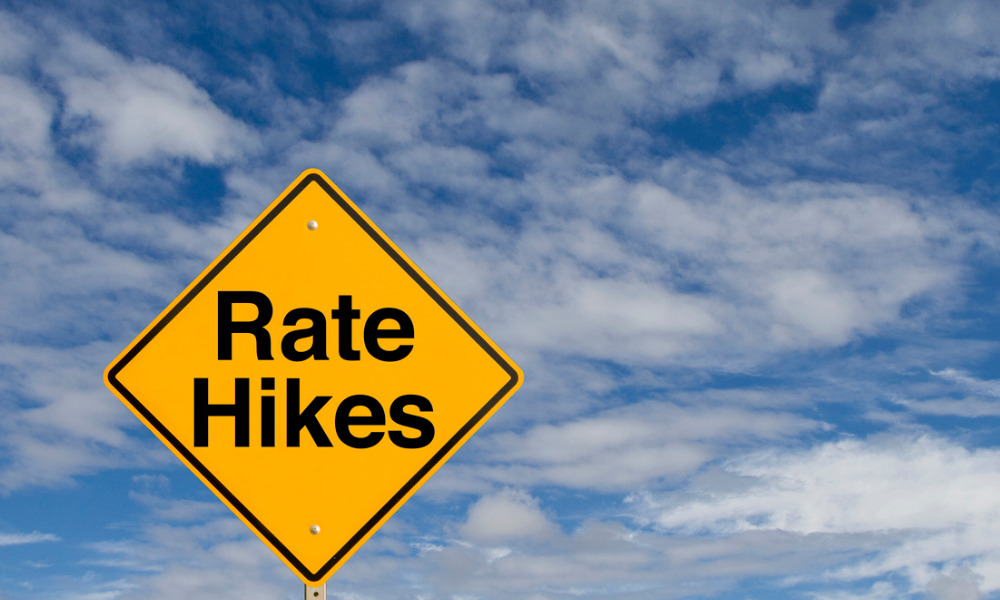The Reserve Bank is expected to lift the OCR for the sixth consecutive month on Tuesday as New Zealand continues to put surging inflation under control.
The board will decide to raise the cash rate by either 0.25 or 0.5 percentage points, with a half-percentage-point hike the most likely outcome.
If the RBA hikes by 0.5, the cash rate will increase to 2.85% – the highest level since April 2013 and the fifth double hike in as many months. This, in turn, will see the average variable borrower face another $148 rise in their monthly repayments, RateCity.com.au reported.
But with the RBA having hiked five times already, an owner-occupier with a $500,000 debt at the start of the hikes, and 25 years remaining on their loan, will face a total $760 increase in their monthly repayments – that’s a 33% increase since the start of May.
But if RBA hikes the OCR by just 0.25 percentage points, their repayments will increase by roughly $74 a month, with a total increase of $687 from the start of May.
The rate hikes are not expected to end next week, however. Westpac economists have increased their cash rate forecast and now expect the OCR to peak at 3.6% by February next year, before falling in 2024.
If this happens, the same borrower with a $500,000 loan at the start of the hikes could see their monthly repayments rise by a total of $984 in less than 12 months.
Sally Tindall, RateCity.com.au research director, said a double hike will result in the average owner-occupier seeing “their repayments increase by a third, with more hikes still to come.”
“The board has indicated it will dial back the size of the hikes in coming meetings; however, October is unlikely to be the month it does this,” Tindall said.
She noted that while fresh ABS data has recorded a slight drop in annual inflation, “this was largely due to a decline in petrol prices in August,” and that “the end of the fuel excise cut will see prices rise from next week.”
“Borrowers should keep track of their repayments and prepare for more hikes to come,” she said. “For many families, the August and September rate hikes are still yet to hit their bank accounts, with more likely to be in the pipeline. Add on top of this the end of the fuel excise cut and the continued rise in everyday expenses and things could really start to snowball for some families. If you think you’ll feel the strain on the budget, start making cutbacks now so you’re in a better position when rate hikes really start to hurt.”


